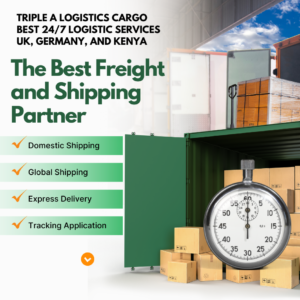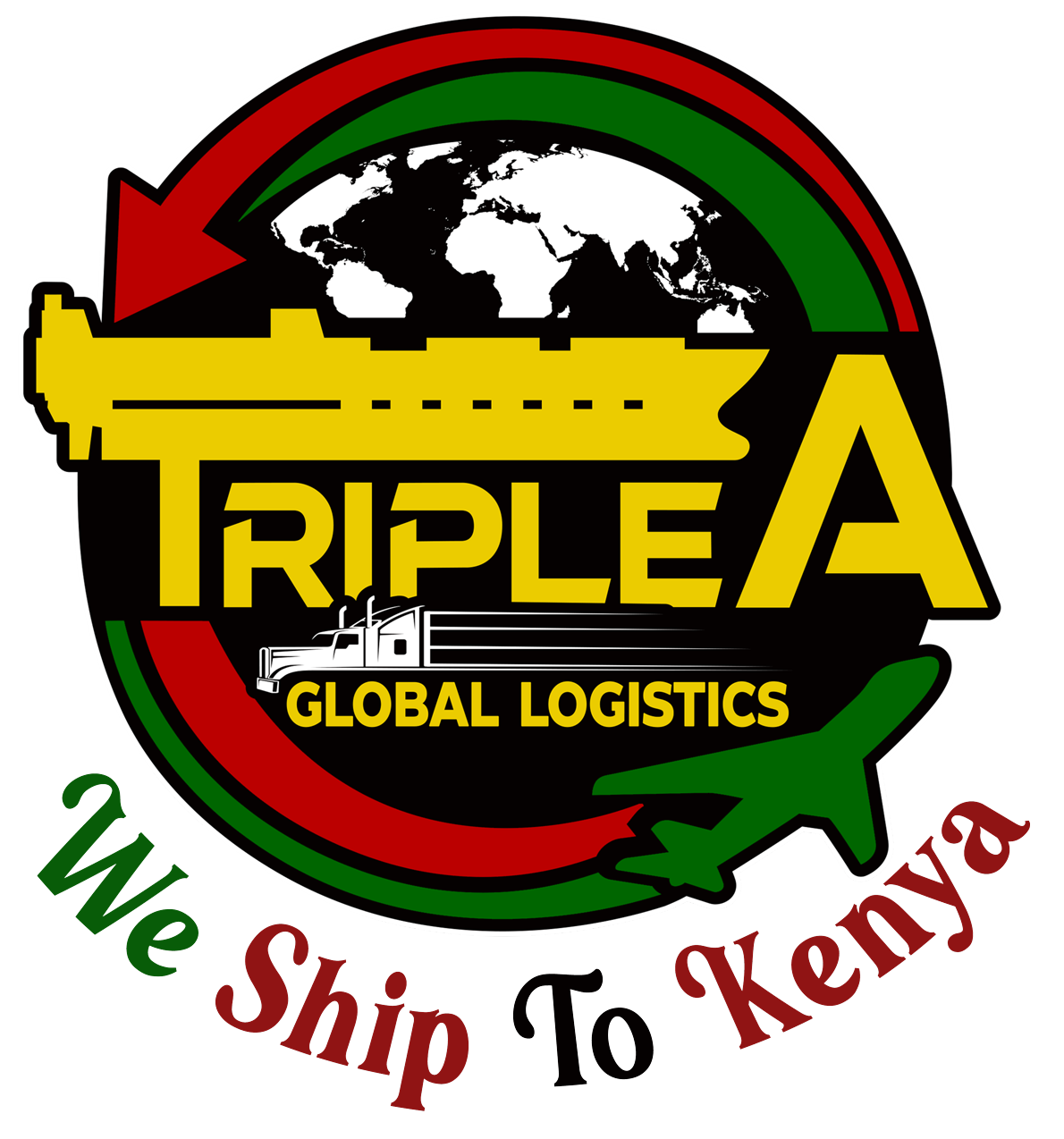Call Us:
+44 7800 648 660
+254 111 81 81 81
Mail Us:
info@tripleafreight.co.uk
Triple A
 In today’s fast-paced world, efficient and reliable logistic services are crucial for thriving businesses. Whether it’sin the UK, Germany, or Kenya, 24/7 logistic services ensure that goods are transported seamlessly, meeting the demands of consumers and businesses alike.
In today’s fast-paced world, efficient and reliable logistic services are crucial for thriving businesses. Whether it’sin the UK, Germany, or Kenya, 24/7 logistic services ensure that goods are transported seamlessly, meeting the demands of consumers and businesses alike. 
Comments
Thank you, your article surprised me, there is such an excellent point of view. Thank you for sharing, I learned a lot. https://www.binance.com/ar-BH/register?ref=JHQQKNKN
Your article helped me a lot, is there any more related content? Thanks!
Your point of view caught my eye and was very interesting. Thanks. I have a question for you. https://accounts.binance.info/register-person?ref=IXBIAFVY
Can you be more specific about the content of your article? After reading it, I still have some doubts. Hope you can help me.
Your point of view caught my eye and was very interesting. Thanks. I have a question for you.